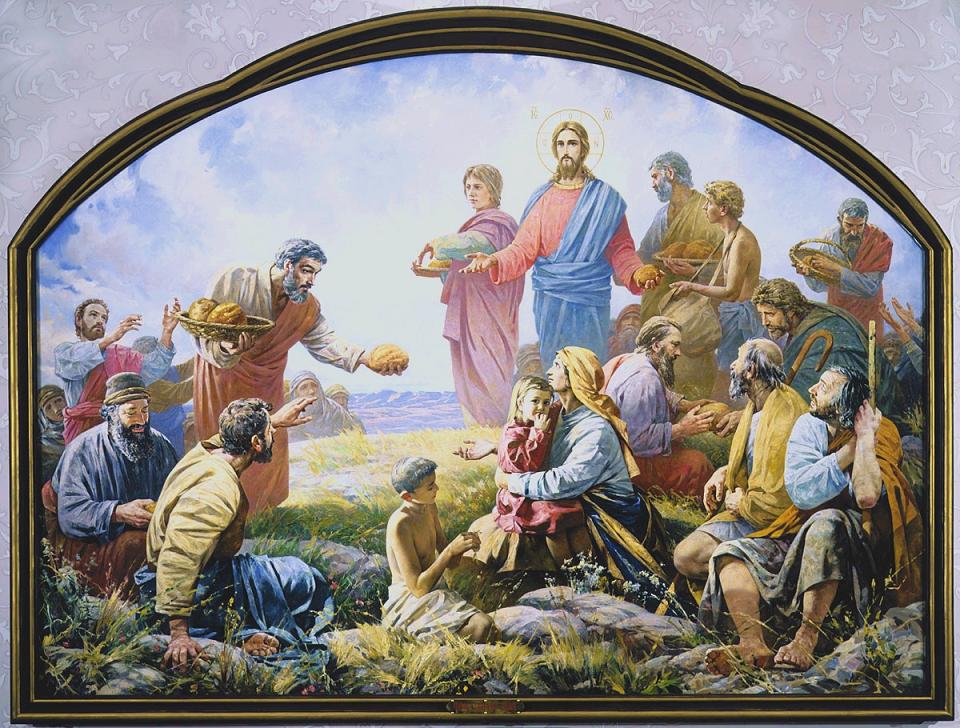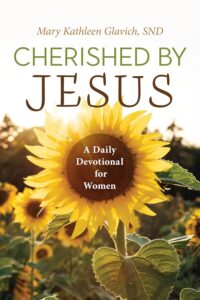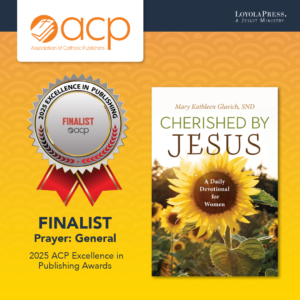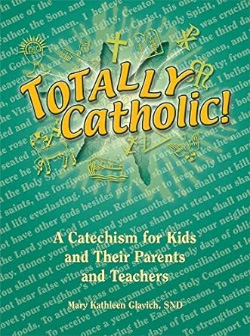
The news is carrying stories and photos of depleted shelves in stores. Facebook users are sharing cartoons of people stocking up on food, sanitizers, and toilet paper. The current pandemic is transforming many people into hoarders. They are trying to be proactive—preparing for the future. As a result, people who really need some of these supplies are being deprived.
I remember when Sister Karla explained that her vow of poverty kept her from having two of everything: one as a backup— just in case. Her thinking was in line with Gospel living. Jesus was definitely against hoarding. He told his disciples to go forth with “no bag, or two tunics, or sandals, or a staff” (Matthew 10:10). Hoarding is a sign of greed, one of the seven deadly sins that spawn other sins.
Jesus warned us against hoarding by a parable:
“Watch out! Be on your guard against all kinds of greed; life does not consist in an abundance of possessions.” And he told them this parable: “The ground of a certain rich man yielded an abundant harvest. He thought to himself, ‘What shall I do? I have no place to store my crops.’ “Then he said, ‘This is what I’ll do. I will tear down my barns and build bigger ones, and there I will store my surplus grain. And I’ll say to myself, “You have plenty of grain laid up for many years. Take life easy; eat, drink and be merry.”‘ “But God said to him, ‘You fool! This very night your life will be demanded from you. Then who will get what you have prepared for yourself?’ 21“This is how it will be with whoever stores up things for themselves but is not rich toward God.” (Luke 12:13—21)
Jesus urged us to trust God, who knows what we need. He said, “Do not worry about your life, what you will eat, or about your body…. Can any of you by worrying add a single hour to your span of life?” (Luke 12:22–25).
Interestingly, during the Exodus when the Israelites were hungry in the desert, God gave Moses these directions about the manna he was sending: “The people shall go out and gather enough for that day.” They were to gather only as much as each person needed. On the day before the Sabbath, they were to gather twice as much to carry over to that sacred day. But some Israelites went out on the Sabbath to collect more, angering the Lord.

When Jesus multiplied bread and fish, there was more than enough for everyone. There were seven baskets of leftovers. One modern interpretation of this miracle story is that food was provided not because Jesus multiplied it but because everyone shared. This isn’t true; otherwise at least one of the six accounts of the miracle in the Gospels would have mentioned it. However, the proposal makes a fitting lesson for us today.
This is a time for sharing. The morning after we were quarantined I had intended to go out for toothpaste. When I mentioned this to a friend, she said she could give me a tube.
Among the advice given for how to spend time in isolation productively is “clean out your closets.” I’m guessing that for many of us this has been far down on our to-do list. I feel guilty whenever I recall St. Basil’s wise observation:
“The bread in your cupboard belongs to the hungry; the coat unused in your closet belongs to the one who needs it; the shoes rotting in your closet belong to the one who has no shoes; the money which you hoard up belongs to the poor.”
A post on Facebook this morning: Be sure to stock up on compassion!
How has someone shared with you lately?








